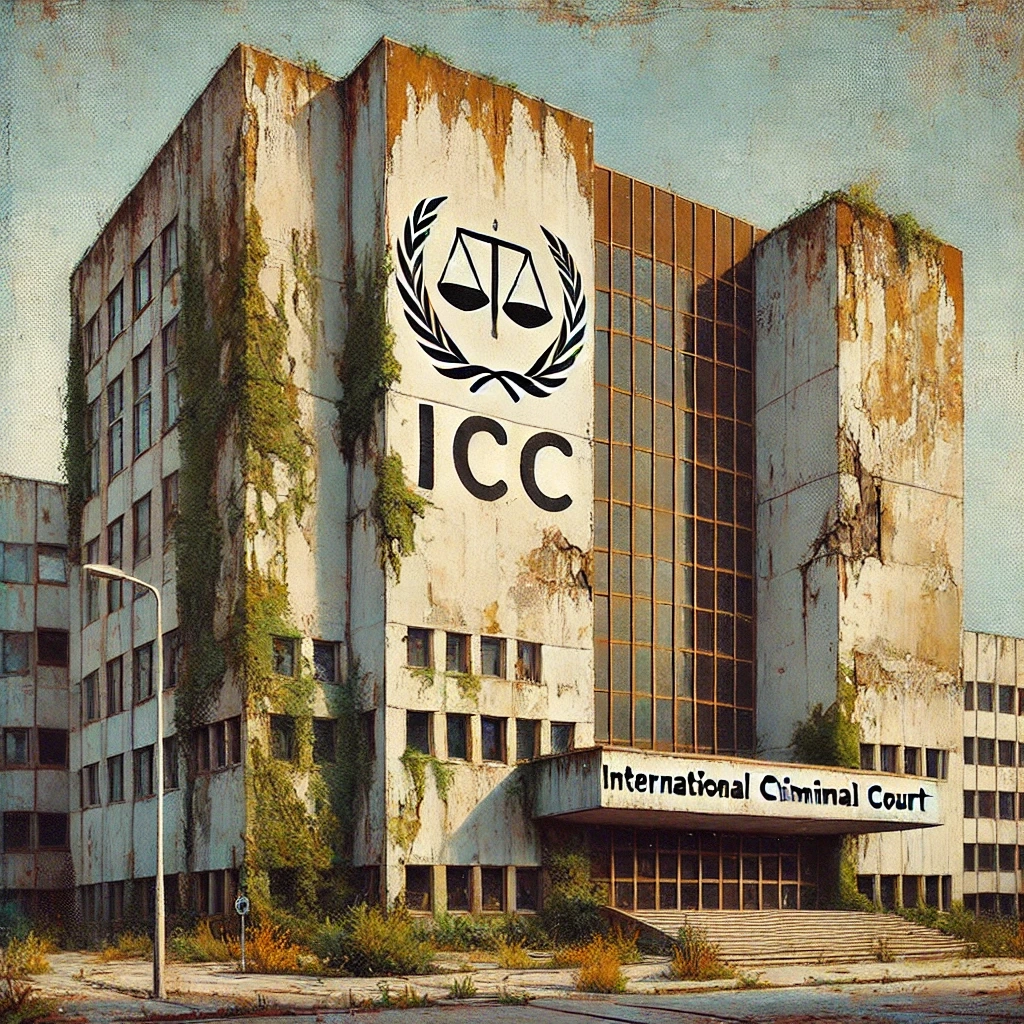The conduct of Raiffeisen Bank International AG (RBI) in Belarus and Russia exemplifies the risk of corporate complicity in authoritarian repression. Operating under the protection of Austrian and EU law, RBI facilitated the expropriation of a politically persecuted family’s property, enabled theft from a private safety deposit box, and refused all legal or ethical avenues for remedy. These actions constitute systemic failure of due diligence, legal accountability, and EU corporate oversight.
We call for a formal public hearing in the European Parliament to examine these violations—not just to address our own case, but to evaluate the broader pattern of European financial institutions enabling authoritarian abuses abroad.
I. A Pattern of Repression Through Financial Instruments
In 2024, our family’s only home in Minsk—owned under a reverse leasing contract valid until 2040—was transferred by RBI to the Belarusian state without invoking any dispute mechanisms under the Austria–Belarus Bilateral Investment Treaty. The property was first vandalized, looted of children’s items and family belongings, and later auctioned off at a heavily discounted price.
RBI additionally facilitated unlawful access by regime agents to a safety deposit box in its main Minsk branch, allowing the theft of valuables, documents, and personal heirlooms.
These actions occurred with full awareness of the political context: our family had been explicitly targeted by the Lukashenko regime for our democratic advocacy and opposition to authoritarian rule. The harm inflicted—particularly upon our two minor children—was not incidental but deliberate. Raiffeisen Bank International willfully refused any form of dialogue, mediation, or legal recourse. Its conduct aligned with the strategic interests of the Belarusian regime, effectively functioning as an instrument of repression—intended to punish dissent and deliver a chilling warning to others engaged in human rights advocacy or independent civic activity about the potential consequences their families and children may face.
II. Legal and Regulatory Violations
RBI’s actions breached multiple overlapping frameworks:
European and National Law;
EU Charter of Fundamental Rights (Articles 17 and 21);
European Convention on Human Rights, Protocol 1 (Protection of property);
Austrian Constitution, StGG Article 5(1) (Protection of private ownership);
Corporate Sustainability Due Diligence Directive (Draft, CSDDD obligations);
International Human Rights Instruments;
International Covenant on Civil and Political Rights (Article 17);
UN Convention on the Rights of the Child (Articles 16 and 27);
Corporate and Ethical Standards;
OECD Guidelines for Multinational Enterprises (Chapters II and IV);
UN Guiding Principles on Business and Human Rights;
OSCE Copenhagen Document (1990) – Rights of property and political protection;
IFC Performance Standards – Risk and harm management in fragile environments.
RBI’s failure to seek legal resolution under the BIT, and its facilitation of persecution, places it in direct violation of its due diligence obligations under EU and international law.
III. Engagement with EU Institutions: Petition for a Public Hearing
To address these violations, we have initiated a formal petition to the European Parliament’s Committee on Petitions (PETI), calling for public hearings into RBI’s actions and the broader phenomenon of corporate facilitation of repression in authoritarian states.
We have also formally reached out to:
The European External Action Service (EEAS);
The European Ombudsman;
The European Banking Authority (EBA);
The Subcommittee on Human Rights (DROI);
;The Committee on Economic and Monetary Affairs (ECON);
The Committee on Civil Liberties, Justice and Home Affairs (LIBE);
Relevant offices in the Directorate-General for Financial Stability, Financial Services and Capital Markets Union (DG FISMA).
This outreach reflects the need for institutional coordination across human rights, financial regulation, and corporate oversight. The petition has already been registered and awaits committee discussion. We encourage members of Parliament and civil society to endorse the proposal for a hearing.
IV. Selective Sanctions and Asymmetrical Accountability
While RBI continues to operate unimpeded, former Alfa Bank executives Mikhail Fridman and Petr Aven—resigned and publicly critical of Russia’s war—were sanctioned under the EU Global Human Rights Sanctions Regime.
In contrast, RBI’s leadership—CEO Johann Strobl and Chairman Erwin Hameseder—remain in place, despite knowingly presiding over financial activities that support repression in Belarus and military infrastructure in Russia. The inconsistency in enforcement threatens the legitimacy of EU sanctions policy and undermines public trust.
This raises urgent questions:
Does the EU apply human rights sanctions equitably across all companies and executives?
Are nationality, religion, or political connections influencing enforcement outcomes?
Is the EU financial architecture unintentionally protecting domestic actors while punishing foreign ones?
V. Policy Recommendations
To address the structural failure revealed by this case, we recommend the following actions:
Convene a European Parliament hearing to assess RBI’s legal breaches and systemic risks.
Initiate sanctions procedures under the EU Global Human Rights Sanctions Regime against Strobl and Hameseder for managerial complicity.
Establish a transparent registry of corporate misconduct in authoritarian jurisdictions, with public reporting obligations.
Enforce mandatory grievance mechanisms under the CSDDD with binding cross-border enforcement power.
Review all financial sector activity in Russia and Belarus for links to repression or military supply chains, with sector-wide compliance audits.
We have to realise - RBI is not a marginal actor. It is a central node in the financial ecosystem of two regimes—Belarus and Russia—engaged in systemic repression, violence, and violations of international law. Its continued impunity sends a dangerous message: that EU institutions cannot or will not regulate their own financial elite, even in the face of clear complicity in authoritarian crimes.
If European values are to be credible, they must be enforceable.
This case is a test—of law, of ethics, and of political will.
On behalf of Peter and Andrew Tsepkalo, minor children harmed by RBI's actions.









